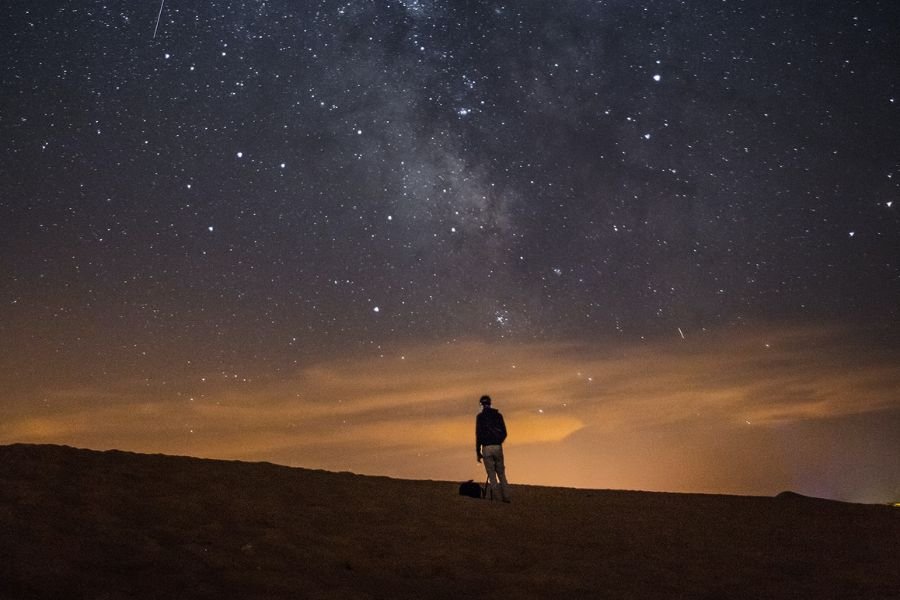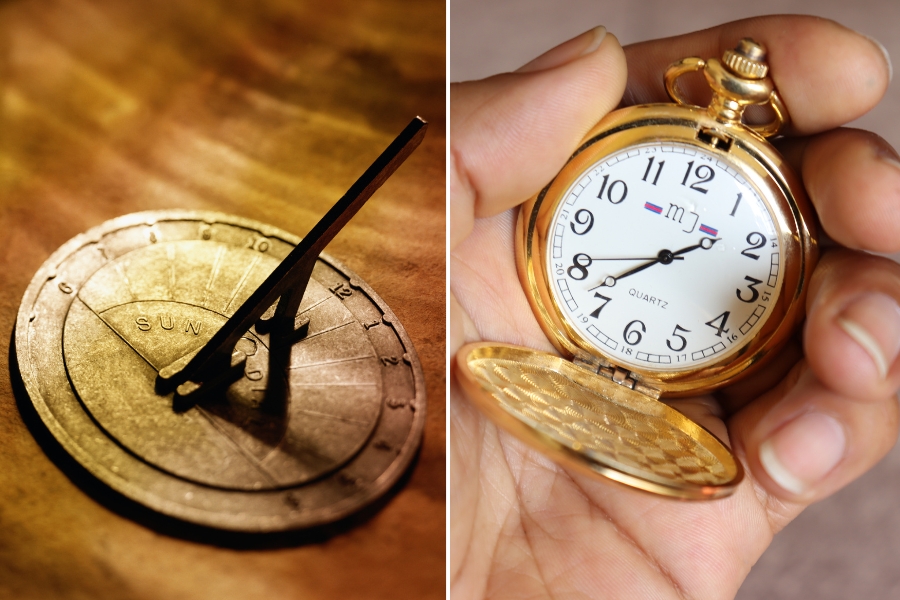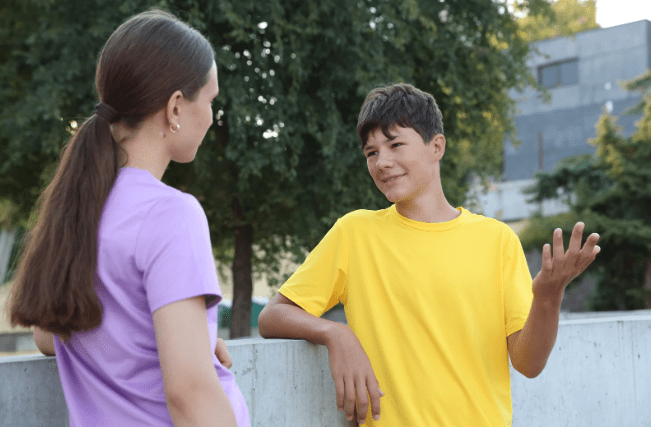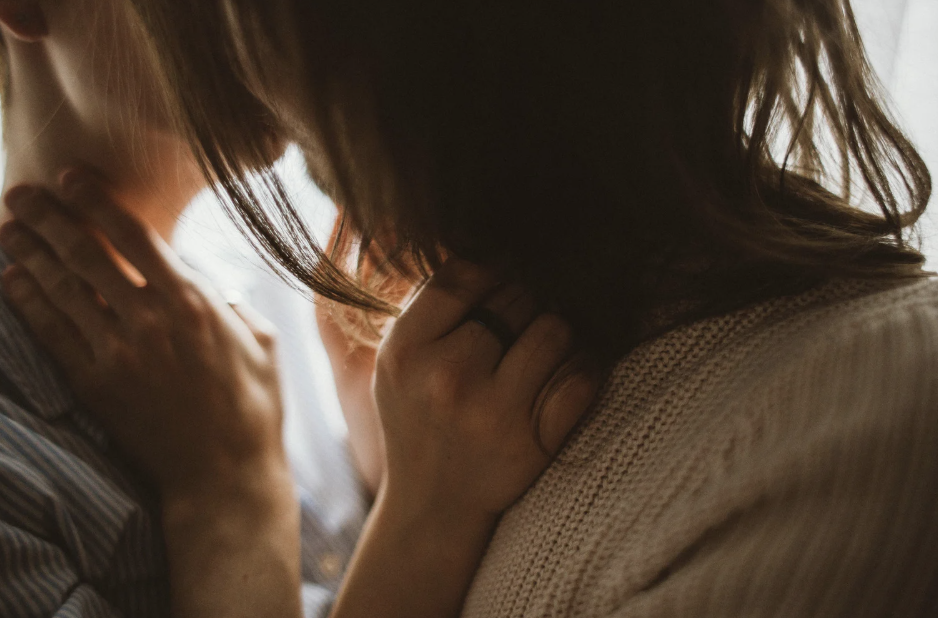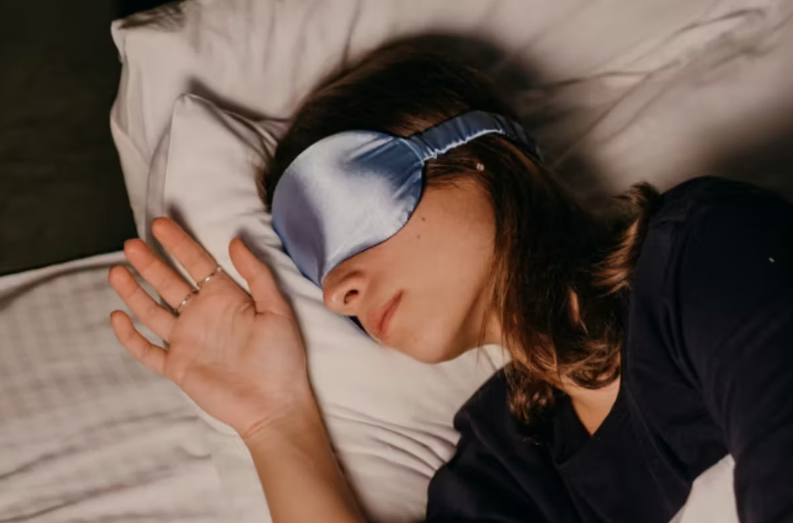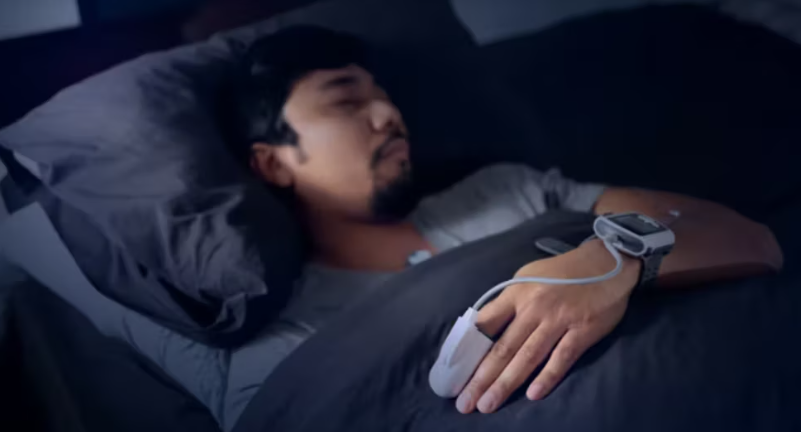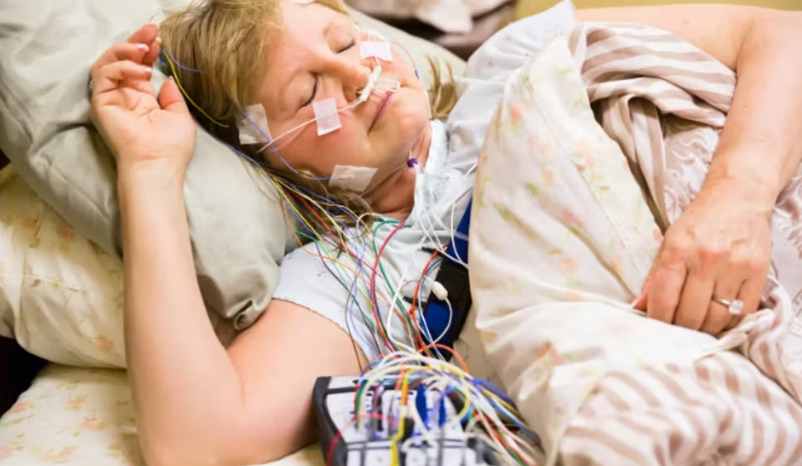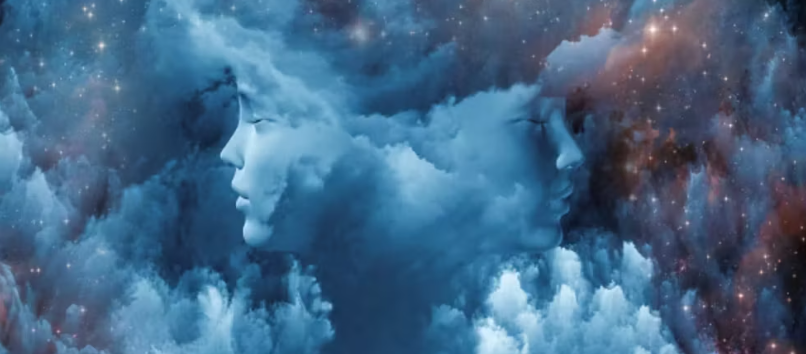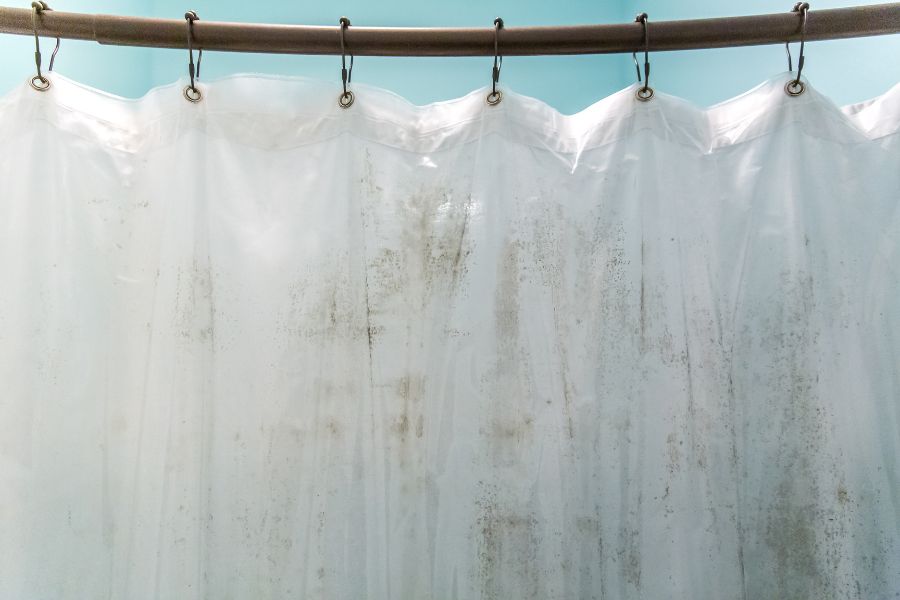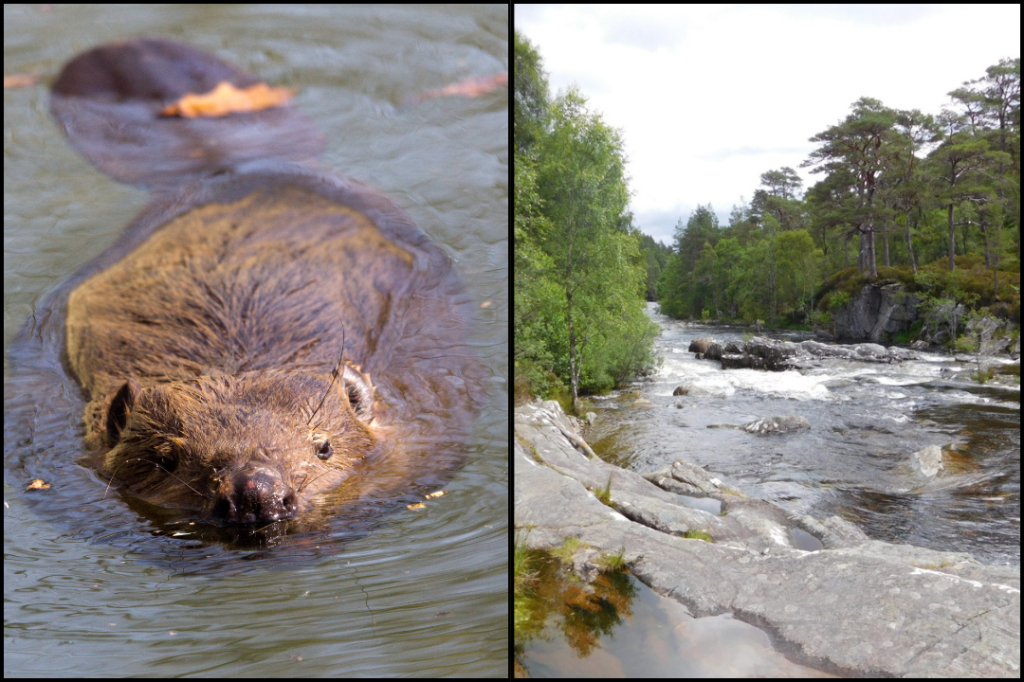In the 17th century, the wealthy people of Scotland would escape to the small town of Moffat for its healing sulfurous springs. Today, people appreciate Moffat for another kind of healing escape…into darkness.
That’s right. The healing power of the dark of night is a thing, not only for people but for the planet.
If you’ve ever had the bounty of sitting out under the stars far away from city lights, you know how magical it can be to gaze at the night sky, but there are benefits to natural darkness that go far beyond enjoying the aesthetic beauty of space. That’s the premise behind Dark Sky Communities.
Moffat became an official Dark Sky Community in 2016 after it invested in changing the town’s lighting to prevent light pollution. Now it’s an ideal place for stargazing, with a community observatory housing a state-of-the-art telescope and townspeople dedicated to preserving the night sky. Moffat was one of the first Dark Sky Communities in Europe and is one of just 38 around the world as of January 2023.
What exactly is a Dark Sky Community and why does it matter?
The International Dark-Sky Association (IDA) began designating places around the world, from natural environments to cities and towns, as Dark Sky Places in 2001 as a way of recognizing “excellent stewardship of the night sky.” Dark Sky Places preserve and protect the dark through responsible lighting policies and public education about the importance of reducing light pollution. A Dark Sky Community is a legally organized city or town that adopts outdoor lighting ordinances that reduce light pollution and undertakes efforts to educate residents about the importance of dark skies.
Darkness matters—a lot. Not only does light pollution make it harder to see the beauty of the night sky, but it also has a negative effect on wildlife and ecosystems. Many animals, from insects to migratory birds to nocturnal animals rely on the natural rhythm of sunlight and darkness, and artificial light can disrupt their natural behaviors, sometimes to deadly effect. Light pollution also has a detrimental impact on plants, disrupting the circadian rhythm of certain pollinators and leading to reduced plant-pollinator interactions.
Too much artificial light at night can impact human health as well, as light messes with our own circadian rhythms. It’s also just a waste of energy when lights are left on unnecessarily. The IDA estimates that around 30% of outdoor lighting is wasted, just in the U.S. alone. The Artificial Light at Night (ALAN) Research Literature Database provides a wealth of scientific literature on all aspects of artificial light at night research.
But as much as science tells us about the importance of reducing light pollution, there’s also what the IDA refers to as our “night sky heritage.”
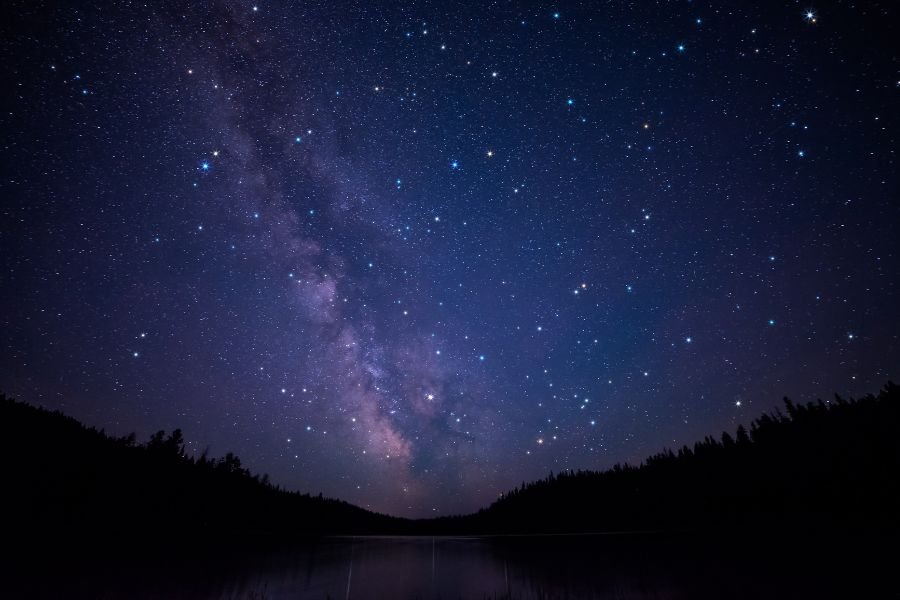
The IDA website explains:
“Until recently, for all of human history, our ancestors experienced a sky brimming with stars—a night sky that inspired science, religion, philosophy, art and literature, including some of Shakespeare’s most famous sonnets.
The natural night sky is our common and universal heritage, yet it’s rapidly becoming unknown to the newest generations.
Van Gogh painted his famous “Starry Night” in Saint Rémy, France, in 1889. Now, the Milky Way can no longer be seen from there. If he were alive today, would he still be inspired to paint “Starry Night”?
Experiencing the night sky provides perspective, inspiration, and leads us to reflect on our humanity and place in the universe. The history of scientific discovery and even human curiosity itself is indebted to the natural night sky.
Without the natural night sky we could not have:
- Navigated the globe
- Walked on the Moon
- Learned of our expanding universe
- Discovered that humans are made of stardust”
Our relationship with natural darkness is both practical and poetic, but in a world full of lights and screens, most of us probably don’t it as much thought or care as we should. That’s the whole purpose of naming and certifying Dark Sky Places.
The IDA shares that as of January 2023, there are 201 certified Dark Sky Places in the world, including 115 Parks, 38 Communities, 20 Reserves, 16 Sanctuaries, 6 Urban Night Sky Places, and 6 Dark Sky Friendly Developments of Distinction.
You can find the list of Dark Sky Communities here and an interactive map of all official Dark Sky Places here.
Let’s all do our part to turn off lights and limit light pollution for the good of people and our planet.

